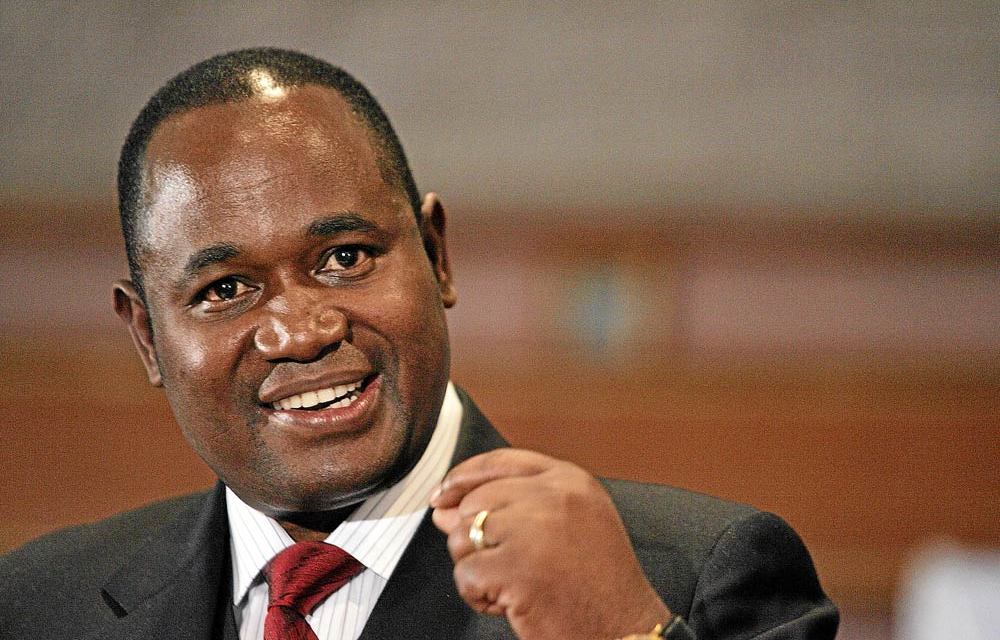Almot Maqolo STAFF WRITER
AVOIDING political conflict is a key factor to ensuring the optimal performance of an economy, retired Reserve Bank of Zimbabwe (RBZ) governor, Gideon Gono, has said.
Speaking in Mozambique at the weekend, at an international symposium on the credibility of central banks, Gono gave the example of how the Zimbabwean economy lifted after the country consummated the government of national unity in 2009.
His well-received speech took place at a time that many central banks around the world, including in developed countries, are facing increased pressure on myriad fronts.
The symposium was attended by many central bank governors from the continent and beyond, as well as by directors from the International Monetary Fund (IMF) and the Bank for International Settlements.
Drawing from his challenging experience at the helm of the RBZ, Gono also said credibility was a key element of all central banks and their governors to effectively craft and implement their monetary policies.
“We went through a scary period (during his RBZ tenure) where we challenged our own assumptions and could not find or see our North Star,” adding that this eventually led to the ditching of the Zimbabwe dollar.
“Our waiting period of transition from dusk to dawn was a painful one. “In the end, when dawn arrived, we found ourselves needing to kill our baby, our currency, as the kindest thing to do under the circumstances. “That act of killing our own baby became one of the cures of our painful past,” Gono said further.
Comparing Zimbabwe’s economic crisis then to similar cases in Germany (1923), Hungary (1946) and Venezuela (2018), he said the common thread through all these countries was political conflict.
“It is further instructive to note that when wolves are at the door, so to speak, and a country is placed in situations between a rock and a hard surface, that country may find itself with no other option but to resort to using the only sovereign weapon at their disposal to get people moving in a given direction.
“That sovereign weapon is called the printing press,” Gono said to loud applause. “In my country, the conflict during my time was political. “When our dialogue and diplomacy failed at political levels, we all became witnesses to the futility of trying to turn around and improve our economy and the economic welfare of our people in such an environment of deep political conflict,” he added.








